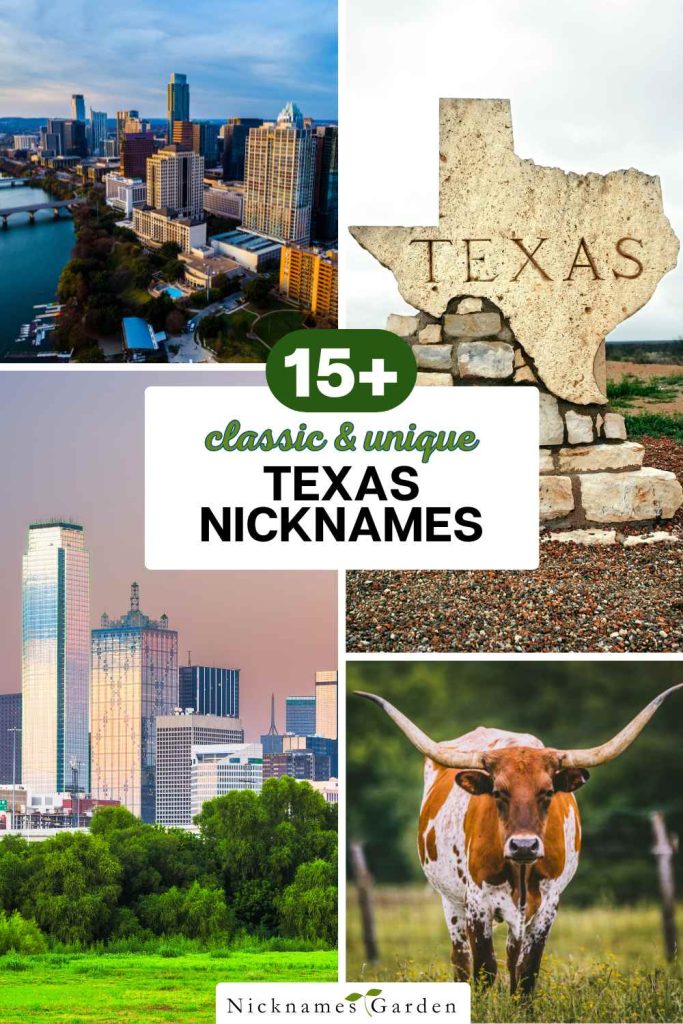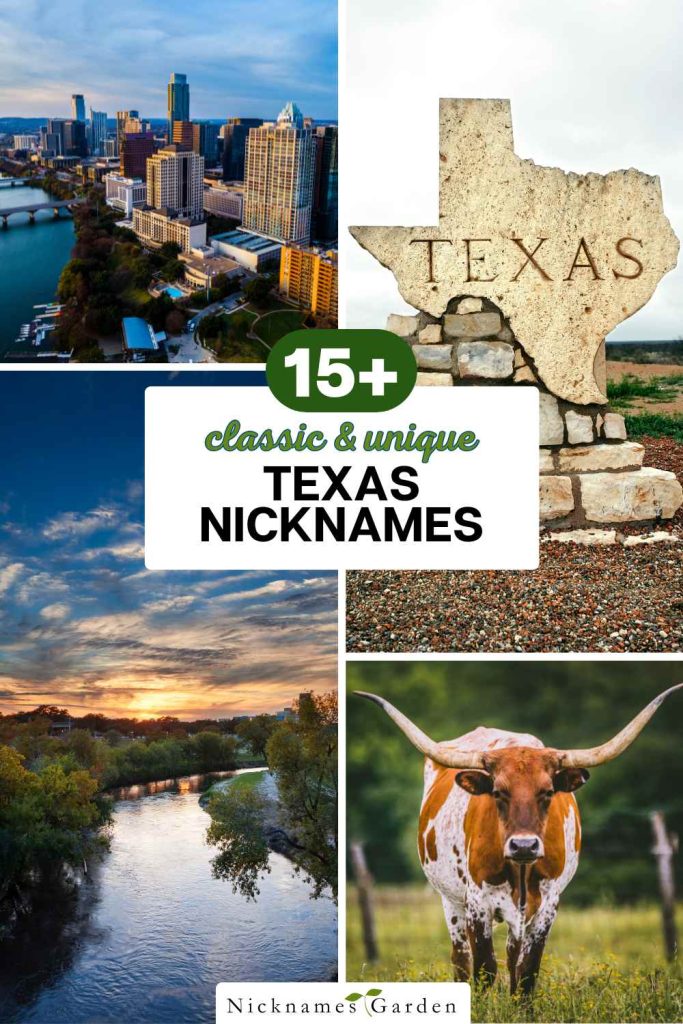Discover the rich tapestry of Texas nicknames, from the iconic Lone Star State to the quirky Tex-Mex Heaven.
This guide delves into the historical, regional, and cultural origins of Texas nicknames, offering a unique glimpse into the heart of Texas identity.
Common Nicknames for Texas
The Lone Star State
Origin and Meaning
- Historical Origin: The nickname “The Lone Star State” originates from Texas’ struggle for independence from Mexico, symbolizing the state’s former status as an independent republic.
- Symbol: The lone star represents Texas’ fight for independence and serves as a reminder of the state’s pride and resilience.
Historical Significance
- Independence: Texas declared its independence from Mexico in 1836, leading to its brief existence as the Republic of Texas.
- State Flag: The single star on the Texas flag pays homage to its independent spirit and history.
Usage in Popular Culture
- Literature and Films: The nickname appears frequently in books, movies, and songs, embodying the spirit of Texan pride.
- Tourism: The phrase “The Lone Star State” is often used in tourism promotions to attract visitors to experience Texas’ unique culture and history.
The Friendly State
Why Texas is Known for Its Hospitality
- Southern Hospitality: Texas is renowned for its welcoming and friendly demeanor, a hallmark of Southern culture.
- Community Spirit: Texans are known for their strong sense of community and willingness to help neighbors and strangers alike.
Examples of Friendliness in Texan Culture
- Festivals and Events: Numerous local festivals and events highlight the warm, inviting nature of Texans.
- Personal Stories: Anecdotes from visitors often mention the exceptional kindness and hospitality experienced in Texas.
The Land of the Big Sky
Describing Texas’ Vast Landscapes
- Geographical Diversity: Texas boasts a wide variety of landscapes, from rolling hills and vast plains to dense forests and coastal shores.
- Expansive Skies: The state is famous for its open, expansive skies that stretch as far as the eye can see, particularly in regions like West Texas.
Significance in Literature and Art
- Inspirational Landscapes: The vast skies and landscapes have inspired countless artists, writers, and musicians.
- Cultural Symbolism: The “big sky” represents the limitless opportunities and freedom associated with the Texan way of life.
These common nicknames provide a glimpse into the rich cultural heritage and pride that define Texas. They serve as a testament to the state’s unique identity, deeply rooted in history, hospitality, and the grandeur of its landscapes.
Regional Nicknames
East Texas
Piney Woods
- Description: This region is characterized by its lush pine forests, which are a stark contrast to the more arid areas of the state.
- Significance: The Piney Woods is a major source of timber and home to several national and state parks.
- Cultural Influence: The dense forests and rural landscape inspire local folklore and traditions, often reflected in music and literature.
The Big Thicket
- Description: Known for its biological diversity, the Big Thicket is a sprawling region of dense vegetation and varied ecosystems.
- Historical Importance: Once a haven for outlaws and a barrier to settlement, it is now a protected area, recognized as a UNESCO Biosphere Reserve.
- Recreational Activities: Popular for hiking, bird watching, and nature photography, attracting visitors year-round.
West Texas
Big Bend Country
- Geographical Features: Named after the large bend in the Rio Grande River, this region includes dramatic landscapes such as mountains, canyons, and desert.
- Tourist Attractions: Big Bend National Park and Big Bend Ranch State Park are key attractions, known for their breathtaking scenery and outdoor activities.
- Cultural Heritage: Rich in Native American history and cowboy culture, often depicted in Western movies and literature.
The Panhandle
- Description: This region is a flat, high plains area known for its wide-open spaces and cattle ranching.
- Significance: The Panhandle is a major agricultural hub, producing a significant portion of the state’s wheat and cotton.
- Cultural Influence: Home to the “Panhandle Plains Historical Museum” which showcases the region’s history from prehistoric times to the modern era.
Central Texas
Hill Country
- Landscape: Characterized by rolling hills, clear rivers, and spring-fed pools, making it one of the most scenic areas in Texas.
- Tourist Destinations: Popular spots include Fredericksburg, known for its wineries, and the Enchanted Rock State Natural Area.
- Cultural Influence: A blend of German and Texan heritage, evident in local festivals, architecture, and cuisine.
The Heart of Texas
- Geographical Center: This region is considered the geographical and cultural heart of the state, encompassing the capital city, Austin.
- Significance: Known for its vibrant music scene, tech industry, and political significance.
- Cultural Heritage: Home to numerous historical landmarks and a diverse population that contributes to its dynamic cultural scene.
South Texas
The Valley
- Description: Refers to the Rio Grande Valley, a region known for its fertile soil and agricultural output, particularly citrus fruits and vegetables.
- Cultural Significance: Rich in Hispanic culture, with strong influences from Mexico, visible in local festivals, food, and traditions.
- Economic Importance: A major hub for cross-border trade and commerce.
Brush Country
- Landscape: Characterized by scrubby vegetation and thorny brush, typical of semi-arid environments.
- Wildlife: Known for diverse wildlife, including game species such as deer and wild hogs, making it a popular hunting destination.
- Cultural Influence: The rugged terrain has shaped the local cowboy culture and ranching lifestyle.
North Texas
Texoma
- Geographical Boundaries: This region straddles the Texas-Oklahoma border, with Lake Texoma being a central feature.
- Recreational Activities: Known for excellent fishing, boating, and water sports, attracting outdoor enthusiasts.
- Cultural Significance: A mix of Texan and Oklahoman cultures, reflected in the local traditions and community events.
The Metroplex
- Description: Refers to the Dallas-Fort Worth metropolitan area, a major economic and cultural hub.
- Economic Importance: A center for business, finance, and technology, with a rapidly growing population.
- Cultural Influence: Known for its vibrant arts scene, sports teams, and diverse culinary offerings.
These regional nicknames highlight the diverse landscapes, cultural influences, and historical significance of different parts of Texas, each contributing uniquely to the state’s rich tapestry.
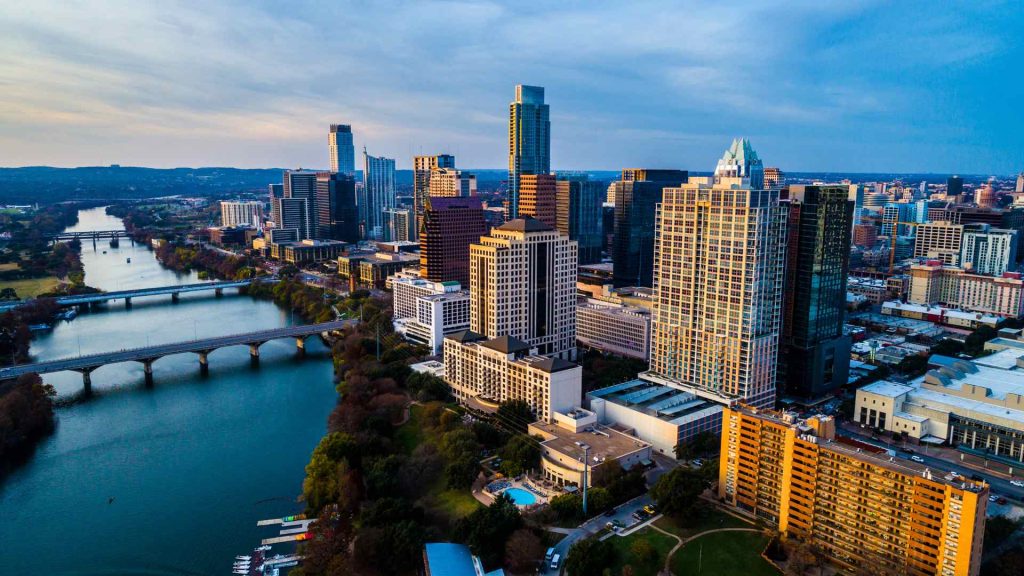
City-Specific Nicknames
Houston
Space City
- Origin: Houston earned this nickname due to the presence of NASA’s Johnson Space Center.
- Historical Significance: Since the 1960s, Houston has been at the forefront of space exploration, including the famous Apollo missions.
- Cultural Impact: The space theme is evident in local attractions, such as Space Center Houston, and the city’s annual Space City Comic Con.
H-Town
- Usage: A popular and affectionate shorthand for Houston, commonly used by residents and in local media.
- Cultural Significance: Often appears in music, particularly in hip-hop and rap songs by local artists, contributing to the city’s identity.
Bayou City
- Description: Refers to the network of bayous running through Houston, particularly Buffalo Bayou.
- Environmental Importance: These bayous are crucial for flood control and urban drainage.
- Cultural Influence: The bayous provide scenic beauty and recreational opportunities, such as kayaking and hiking trails.
Austin
Live Music Capital of the World
- Origin: Austin boasts a vibrant live music scene, with more live music venues per capita than any other city in the U.S.
- Significance: Hosts major music festivals like South by Southwest (SXSW) and Austin City Limits (ACL).
- Cultural Impact: Music is a core part of Austin’s identity, influencing its culture, economy, and tourism.
Silicon Hills
- Description: A play on Silicon Valley, this nickname highlights Austin’s growing technology sector.
- Economic Significance: Home to numerous tech companies and startups, contributing to its reputation as a tech hub.
- Cultural Influence: The tech industry has attracted a diverse workforce, influencing local culture and lifestyle.
ATX
- Usage: A popular abbreviation for Austin, commonly used in branding and social media.
- Cultural Significance: Reflects the city’s casual and creative vibe, often seen in local businesses and events.
Dallas
Big D
- Origin: A straightforward nickname reflecting the city’s size and significance.
- Cultural Significance: Used in media, sports, and tourism to emphasize Dallas’ prominence.
Triple D
- Usage: Popularized by local culture and media, emphasizing the three D’s in Dallas.
- Cultural Impact: Frequently referenced in music, particularly in the hip-hop scene.
D-Town
- Usage: Another casual nickname, often used by residents and in local media.
- Cultural Significance: Symbolizes the city’s dynamic and vibrant nature.
San Antonio
Alamo City
- Historical Significance: Named after the Alamo, the historic site of a pivotal battle in the Texas Revolution.
- Cultural Impact: The Alamo is a major tourist attraction and a symbol of Texan bravery and resilience.
River City
- Description: Refers to the San Antonio River, which runs through the city and is a central feature of the famous River Walk.
- Tourism Significance: The River Walk is a popular destination for dining, shopping, and entertainment, attracting millions of visitors annually.
SA-Town
- Usage: A casual and affectionate nickname for San Antonio, commonly used by locals.
- Cultural Significance: Reflects the city’s laid-back and friendly atmosphere.
Fort Worth
Cowtown
- Origin: Stemming from Fort Worth’s history as a major center for cattle drives and ranching.
- Cultural Significance: Celebrated in events like the Fort Worth Stock Show and Rodeo, and the historic Fort Worth Stockyards.
Panther City
- Historical Anecdote: The nickname comes from a 19th-century newspaper article that claimed a panther was seen sleeping on the city’s streets, symbolizing its then sleepy nature.
- Cultural Impact: Embraced by the city, with panther imagery appearing in local logos, sports teams, and businesses.
These city-specific nicknames reveal the unique character and identity of Texas’ major urban centers. Each nickname carries historical, cultural, or social significance, contributing to the rich mosaic that defines the Lone Star State.
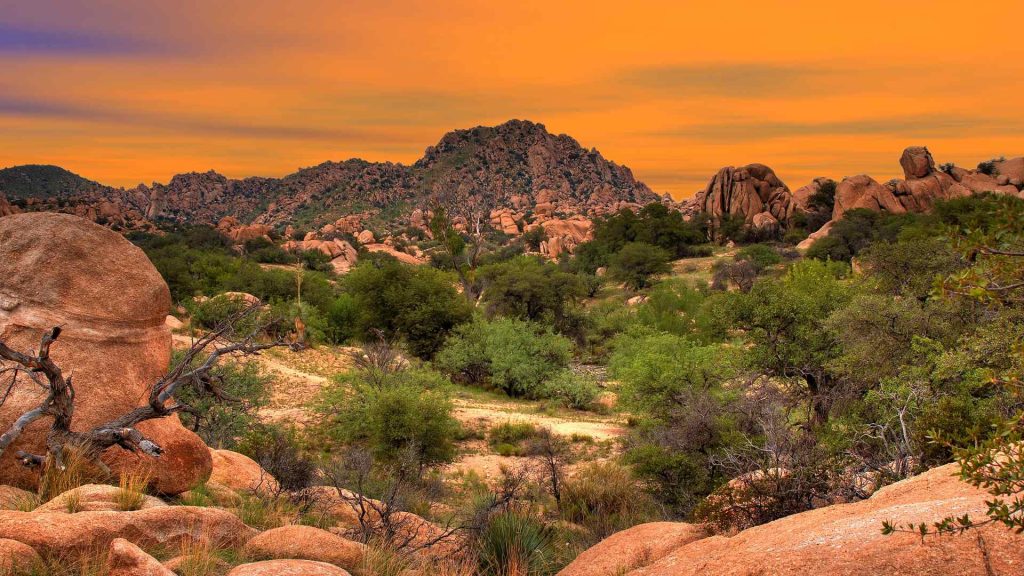
Cultural and Historical Nicknames
Tejas
Historical Roots
- Origin: The name “Tejas” comes from the Caddo word “Taysha,” which means “friend” or “ally.”
- Spanish Influence: When Spanish explorers arrived, they adopted this term to refer to the region and its people.
Influence of Spanish and Mexican Heritage
- Cultural Integration: The name reflects the deep roots of Hispanic culture in Texas, influencing language, traditions, and architecture.
- Modern Usage: “Tejas” is still used in various contexts, celebrating the state’s rich cultural heritage.
Six Flags Over Texas
Explanation of the Six Flags
- Spain: Representing the Spanish colonial period (1519–1685; 1690–1821).
- France: Brief French colonization (1685–1690).
- Mexico: Mexican rule (1821–1836).
- Republic of Texas: The independent Republic of Texas (1836–1845).
- United States: Texas’ admission to the U.S. (1845–1861; 1865–present).
- Confederate States: Membership in the Confederacy during the Civil War (1861–1865).
Historical Context and Significance
- Educational Purpose: The “Six Flags” concept is used in history education to teach about the various sovereignties that governed Texas.
- Amusement Park: The name inspired the “Six Flags” amusement park chain, with the original park located in Arlington, Texas.
The Bluebonnet State
State Flower and Its Significance
- Official Recognition: The bluebonnet was designated as the state flower of Texas in 1901.
- Symbol of Spring: Bluebonnets bloom across Texas every spring, creating stunning fields of blue flowers.
Bluebonnet Festivals and Traditions
- Annual Celebrations: Numerous towns host bluebonnet festivals, celebrating the flower with parades, arts and crafts, and live music.
- Tourist Attraction: The blooming bluebonnets attract tourists and photographers, eager to capture the picturesque landscapes.
Nicknames from Famous Texan Sayings
Everything is Bigger in Texas
Origin and Examples
- Slogan’s Emergence: The phrase began as a reflection of Texas’ large geography, big personalities, and outsized ambitions.
- Examples: References range from the state’s vast landscapes and large ranches to the towering skyscrapers of its cities.
How it Reflects Texan Pride
- Cultural Significance: This saying embodies the pride Texans have in their state’s size and impact, reflecting their larger-than-life attitude.
- In Popular Culture: The phrase appears in movies, television shows, and advertisements, reinforcing the image of Texas as a place where everything is grander.
Don’t Mess with Texas
Origins in Anti-Littering Campaign
- Campaign Launch: This slogan originated in 1986 as part of an anti-littering campaign by the Texas Department of Transportation.
- Impact: The campaign was highly successful, significantly reducing littering across the state.
Evolution into a Symbol of Texan Toughness
- Broader Meaning: Over time, the slogan has come to represent the resilient and tough nature of Texans.
- Cultural Adoption: Used widely on merchandise, in music, and even by politicians to signify strength and determination.
God Bless Texas
Use in Songs and Sayings
- Musical Influence: The phrase is popular in country music, notably in the song “God Blessed Texas” by Little Texas.
- Cultural Significance: Represents the strong religious and cultural values held by many Texans.
Cultural and Religious Significance
- Symbol of Pride: Reflects the pride Texans have in their state, often expressing gratitude and admiration.
- Widespread Usage: Commonly heard in speeches, toasts, and everyday conversations.
These cultural and historical nicknames offer a deeper understanding of Texas’ rich heritage and the pride its residents feel.
Each nickname is a testament to the state’s diverse history and vibrant culture, contributing to its unique identity.

Uncommon and Quirky Nicknames
Tornado Alley
Explanation and Geographical Relevance
- Definition: Tornado Alley refers to a region of the United States, including parts of Texas, that experiences a high frequency of tornadoes.
- Geographical Scope: In Texas, Tornado Alley typically includes the Panhandle and North Texas.
Stories and Anecdotes
- Historic Tornadoes: Texas has experienced some of the most powerful and devastating tornadoes in U.S. history, such as the 1953 Waco tornado.
- Community Resilience: The nickname highlights the resilience of communities that rebuild and recover after such natural disasters.
The Oil State
History of Oil Discovery and Industry
- Spindletop Gusher: The discovery of oil at Spindletop in 1901 marked the beginning of the Texas oil boom.
- Economic Transformation: The oil industry transformed Texas from an agricultural economy to one of the wealthiest states in the country.
Economic Impact
- Major Industry: Texas remains a leading producer of oil and natural gas, contributing significantly to the state’s economy.
- Cultural Influence: The oil industry has influenced Texas culture, from the famous TV show “Dallas” to iconic imagery of oil rigs and wildcatters.
The Second Largest State
Comparisons to Other States
- Size and Scale: Texas is the second-largest state in both area and population, after Alaska and California, respectively.
- Geographical Diversity: The vast size of Texas encompasses a wide range of landscapes and climates, from deserts to forests and coastal areas.
Pride and Humility in Size
- Texan Identity: Texans take pride in their state’s size, often using it as a point of pride in conversations and cultural expressions.
- Cultural Symbolism: The state’s size is symbolic of its larger-than-life attitude and the expansive opportunities available in Texas.
Tex-Mex Heaven
Fusion of Texan and Mexican Cultures
- Culinary Influence: Tex-Mex cuisine is a delicious blend of traditional Mexican dishes and Texan flavors, featuring items like chili con carne, fajitas, and nachos.
- Cultural Significance: This fusion reflects the close ties between Texas and Mexico, seen in festivals, music, and everyday life.
Influence on Food and Language
- Popular Dishes: Tex-Mex food is beloved nationwide, with Texas cities like San Antonio and Austin known for their outstanding Tex-Mex restaurants.
- Language: Tex-Mex slang incorporates both English and Spanish, creating a unique linguistic blend heard in everyday conversations.
The BBQ Capital
Texas BBQ Traditions
- Regional Styles: Texas BBQ is famous for its slow-cooked meats, with distinct styles in Central, East, and West Texas.
- Cultural Importance: BBQ is more than just food in Texas; it’s a tradition and a social event, bringing communities together.
Famous BBQ Spots and Events
- Notable Restaurants: Legendary BBQ joints like Franklin Barbecue in Austin and Snow’s BBQ in Lexington draw food enthusiasts from all over the world.
- Festivals: Events like the Texas Monthly BBQ Fest celebrate this culinary tradition, showcasing the best pitmasters in the state.
Football Heaven
High School, College, and Professional Football
- High School Football: Known for its passionate fans and fierce rivalries, high school football is a cornerstone of Texan culture.
- College Football: Universities like the University of Texas at Austin and Texas A&M University boast storied football programs with legions of loyal fans.
- Professional Teams: The Dallas Cowboys and Houston Texans are major NFL franchises, each with a dedicated following.
Cultural Significance of Football in Texas
- Community Bonding: Football games serve as major social events, fostering community spirit and local pride.
- Cultural Influence: Football’s impact is seen in movies, TV shows, and literature, often highlighting the sport’s importance in Texan life.
These uncommon and quirky nicknames reveal lesser-known aspects of Texas’ identity, each adding a unique flavor to the state’s rich cultural tapestry.
From natural phenomena to culinary delights and sports fervor, these nicknames showcase the diverse and dynamic nature of Texas.
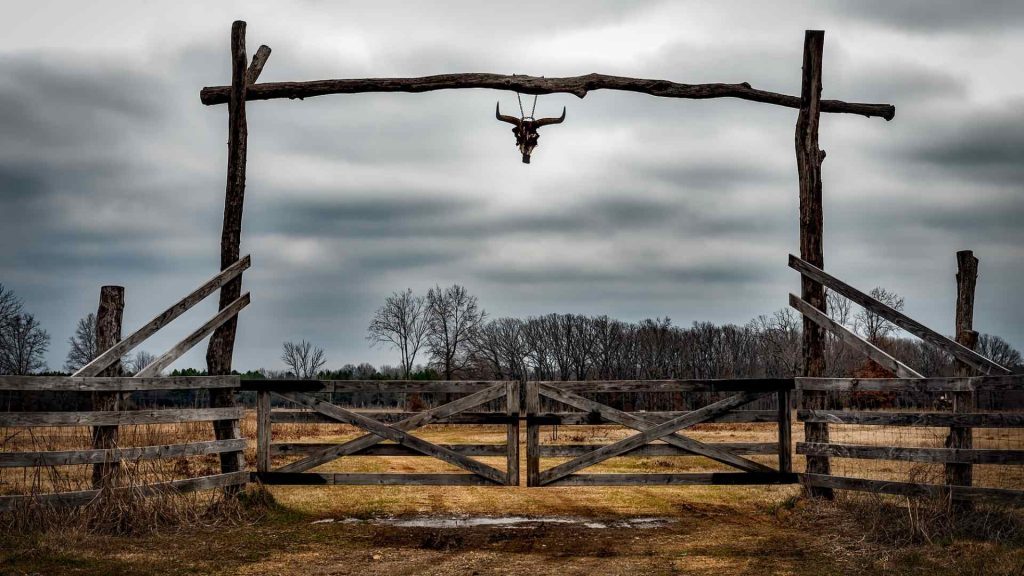
Modern Texas Nicknames and Slang
Tex-Mex Heaven
Fusion of Texan and Mexican Cultures
- Culinary Influence: Tex-Mex cuisine is a delicious blend of traditional Mexican dishes and Texan flavors, featuring items like chili con carne, fajitas, and nachos.
- Cultural Significance: This fusion reflects the close ties between Texas and Mexico, seen in festivals, music, and everyday life.
Influence on Food and Language
- Popular Dishes: Tex-Mex food is beloved nationwide, with Texas cities like San Antonio and Austin known for their outstanding Tex-Mex restaurants.
- Language: Tex-Mex slang incorporates both English and Spanish, creating a unique linguistic blend heard in everyday conversations.
The BBQ Capital
Texas BBQ Traditions
- Regional Styles: Texas BBQ is famous for its slow-cooked meats, with distinct styles in Central, East, and West Texas.
- Cultural Importance: BBQ is more than just food in Texas; it’s a tradition and a social event, bringing communities together.
Famous BBQ Spots and Events
- Notable Restaurants: Legendary BBQ joints like Franklin Barbecue in Austin and Snow’s BBQ in Lexington draw food enthusiasts from all over the world.
- Festivals: Events like the Texas Monthly BBQ Fest celebrate this culinary tradition, showcasing the best pitmasters in the state.
Football Heaven
High School, College, and Professional Football
- High School Football: Known for its passionate fans and fierce rivalries, high school football is a cornerstone of Texan culture.
- College Football: Universities like the University of Texas at Austin and Texas A&M University boast storied football programs with legions of loyal fans.
- Professional Teams: The Dallas Cowboys and Houston Texans are major NFL franchises, each with a dedicated following.
Cultural Significance of Football in Texas
- Community Bonding: Football games serve as major social events, fostering community spirit and local pride.
- Cultural Influence: Football’s impact is seen in movies, TV shows, and literature, often highlighting the sport’s importance in Texan life.
DFW (Dallas-Fort Worth)
Economic and Cultural Hub
- Business Center: DFW is a major economic powerhouse, home to numerous Fortune 500 companies and a thriving business environment.
- Cultural Influence: Known for its arts, entertainment, and sports, DFW offers a rich cultural landscape.
Regional Significance
- Transportation: The DFW International Airport is one of the busiest airports in the world, connecting Texas to global destinations.
- Population Growth: One of the fastest-growing metropolitan areas in the U.S., attracting people from all over for its job opportunities and quality of life.
Silicon Hills
Tech Industry Boom
- Tech Hub: Austin, known as Silicon Hills, has become a major center for technology and innovation, attracting tech giants and startups alike.
- Economic Impact: The tech industry has spurred significant economic growth, transforming Austin into a vibrant, tech-savvy city.
Cultural Transformation
- Lifestyle: The influx of tech professionals has influenced the local culture, promoting a lifestyle that blends work and play.
- Events and Conferences: Austin hosts numerous tech events, including the internationally renowned South by Southwest (SXSW) festival.
H-Town
Musical Influence
- Hip-Hop Scene: Houston, or H-Town, has a rich hip-hop culture, producing famous artists like Beyoncé, Travis Scott, and DJ Screw.
- Cultural Significance: Music from H-Town often reflects the city’s diverse culture and urban life.
Economic and Social Hub
- Oil and Energy: Houston is a global leader in the oil and energy sector, with numerous energy companies headquartered in the city.
- Medical Center: The Texas Medical Center in Houston is the largest medical complex in the world, contributing to the city’s reputation as a center for healthcare and innovation.
These modern nicknames and slang terms highlight Texas’ dynamic evolution, showcasing its blend of tradition and modernity.
From culinary delights and technological advancements to sports fervor and cultural hubs, these nicknames paint a vivid picture of contemporary Texas life.
